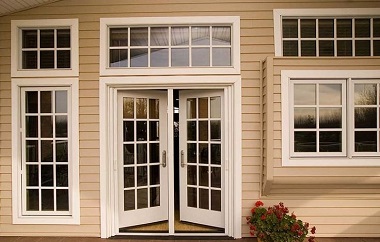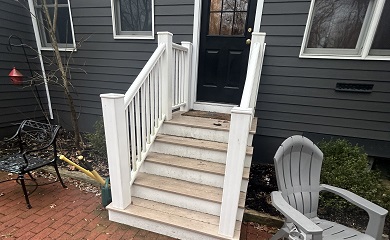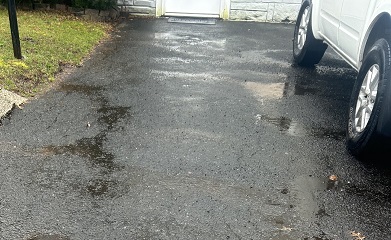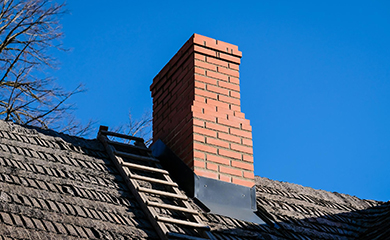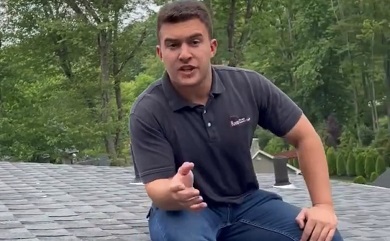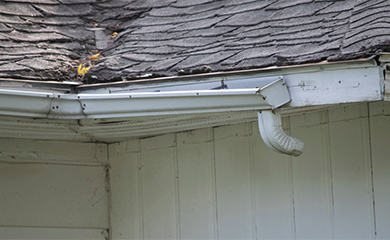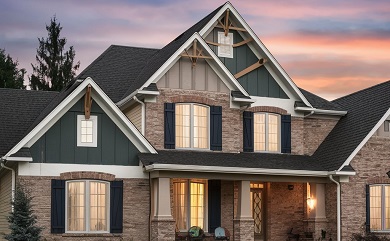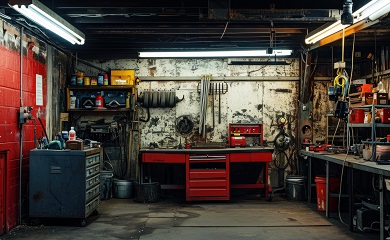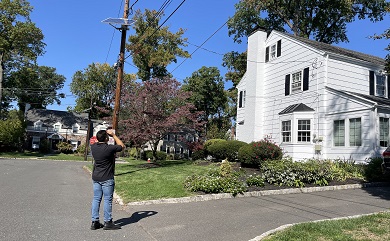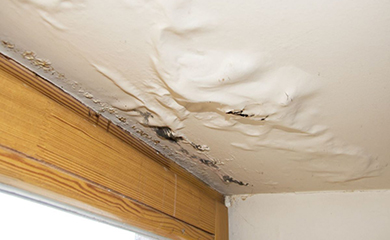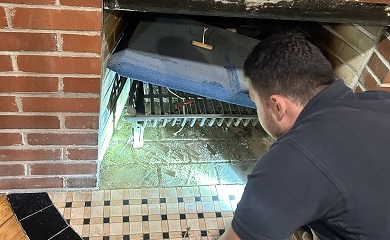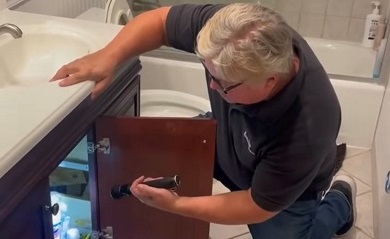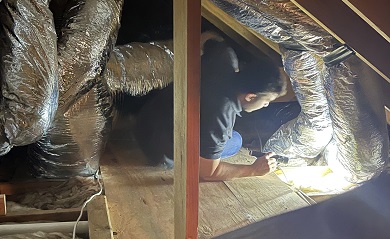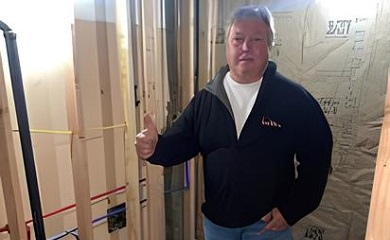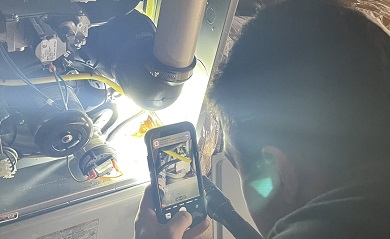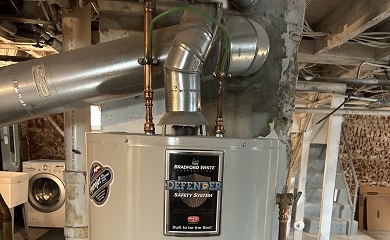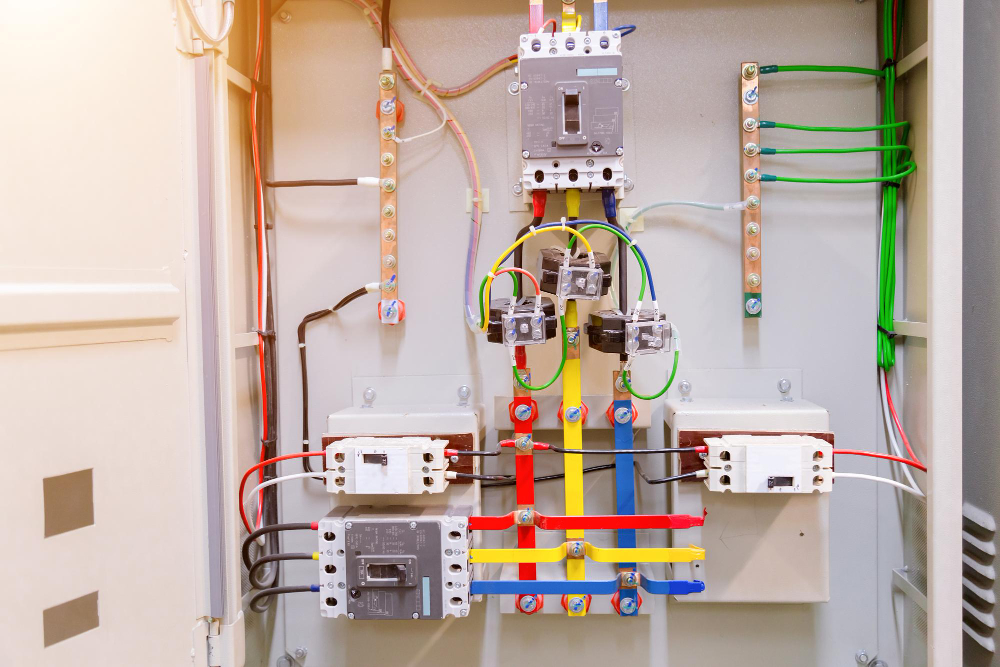Is Asbestos testing included in the home inspection?
Asbestos is a man-made material which was used in building materials until it was determined to be hazardous to your health. The use of asbestos in building materials was banned in 1978. If your house is built after 1978, you typically should not have an asbestos concern. If your house is built before 1978, there could be asbestos.
We typically find asbestos on heating pipes, boiler pipes, in exterior siding, and in interior ceiling/floor tiling. A home inspection is a visual inspection only, so we can only see what is visually accessible.
During your home inspection, we will be looking for visual signs of asbestos. If we see something that looks like asbestos we will call it out to you and write it in the report as “an asbestos-like substance”.
Laboratory testing is required in order to determine if a material contains asbestos. In the event that we call out asbestos and you would like it tested, we may be able to do that on site during your inspection.
We can take a sample at a initial cost of $195 for the 1st sample and 95 for each additional.
Note that we cannot take a sample if it is evasive in any way unless the seller provides permission.
Due to the limitations of a visual inspection and the laboratory testing that is required, we specifically indicate that Asbestos is Not included in this inspection.
Is lead paint testing included in the home inspection?
The use of lead in paint was determined to be hazardous to your health and was banned in 1978. If your house is built after 1978, you typically should not have a lead concern. If your house is built before 1978, there could be lead in the paint.
We cannot determine by looking at a painted surface if it contains lead paint. The only way to determine if there is lead in the paint is through laboratory testing. Because of this limitation we specially indicate that Lead is Not included in this inspection.
The State of NJ site https://www.epa.gov/lead/protect-your-family-sources-lead
“Lead-based paint is still present in millions of homes, normally under layers of newer paint. If the paint is in good shape, the lead-based paint is usually not a problem. “
Bill Junior holds a state license for lead assessor. During your inspection if he sees conditions that can be hazardous he will point it out.
Is mold testing included in the home inspection?
Mold is a natural substance which can be a health hazard. The hazard of this substance varies by the amount and type of mold present. The only way to determine the type of mold is through laboratory testing. As part of the inspection, we will be looking for issues that can contribute to the formation of mold and overgrowth.
We typically find mold in attics, basements, kitchens, and bathrooms. In attics mold may grow due to poor ventilation and or water penetration. In basements mold grown may occur water penetration issues and/or high humidity. In kitchens and bathrooms, water and humidity issues are usually the cause of mold growth. We will be looking for these conditions and more during your inspection. If we do find these conditions we will point them out to you, include them in your report and also offer you the option of mold sampling on site.
A home inspection is a visual inspection only, so we can only see what is visually accessible. If we see something that looks like mold, we will call it out to you and write it in the report as “a mold-like substance”. We cannot call out mold if it is not openly visually available and we do not offer air sampling.
We are equipment to complete mold sampling via Laboratory testing during your hoe inspection. In the event that we call out mold, cost will be $195 for the 1st sample and 95 for each additional if necessary . Air quality testing is also available through a sub contractor.
Due to these limitations we specially indicate that Mold is Not included in this inspection.
Is Radon included in the home inspection?
Radon is a natural gas that comes from the ground and has been found to be hazardous to your health. Because it comes from the ground we usually test the basement/crawlspace areas. Radon is colorless and orderless and laboratory testing is required to detect its presence
Our Inspectors are fully licensed by the state of NJ to preform radon testing. Radon testing can be scheduled at the same time as the home inspection but is not included in the base price.
This service incurs a separate charge but when completed at the time of inspection we discount the cost to 125. Most structures require only one 2 can complete tests. If the property is very large a 2nd set of tests may be required
Is Termite Inspection included in a home inspection?
Termite inspection is one of the few ways that is evaluation is referred to. Other ways of referring to the same evaluation include: WDI ( wood destroying insect evaluation or Pest evaluation. These are the same thing just a different heading. This evaluation includes looking to see if there are insects that destroy wood. These insects include carpenter ants, carpenter bees, termites and powder post beetles.
Your termite evaluation can be scheduled at the same time as your home inspection. Most all of our customer request a termite inspection as part of their home inspection. The exception being properties that are brand new (new foundations) and condo 2nd floor or higher
Most termite inspections are a courtesy price of 75 . But larger and multi family structures are more.
What does a home inspection include?
A home inspection covers the evaluation of structural components, systems, exterior and interior elements, roofing, plumbing, electrical, and HVAC systems. This comprehensive assessment ensures all critical aspects of your home are thoroughly inspected.
click her for complete details https://rootshomeinspection.com/structure/#whatsincluded
Yes, all inspectors are licensed by the State of New Jersey and adhere to state regulations and ASHI standards. This guarantees a professional and compliant inspection process.
When will I receive the inspection report?
Inspection reports are delivered via email the next day, detailing all findings and recommendations.
As a courtesy we copy your realtor and your lawyer The prompt delivery ensures you have all necessary information quickly to make informed decisions.
Can I attend the inspection?
Yes, clients are encouraged to attend the inspection. Being present allows you to ask questions and gain a better understanding of the findings, enhancing your knowledge of the property's condition.



